
Newsletter Subscribe
Enter your email address below and subscribe to our newsletter

Enter your email address below and subscribe to our newsletter
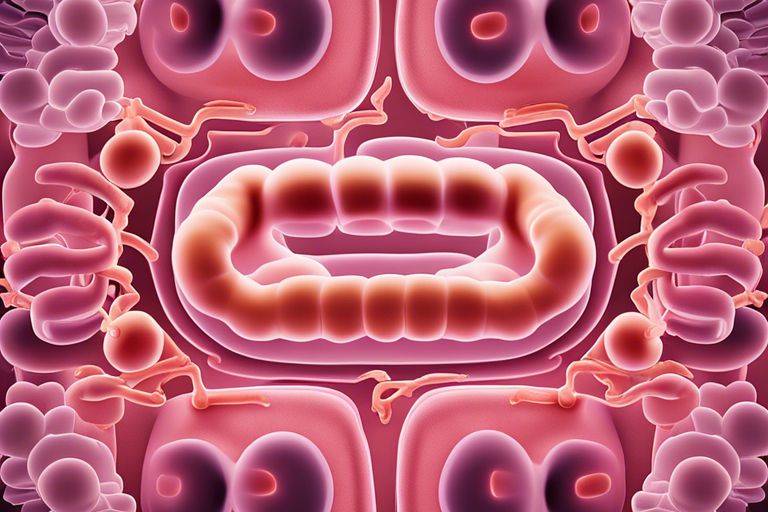
Bacteria – the unseen world inside your gut can wield tremendous power over your overall health. In this article, I probe into the fascinating connection between your gut microbiome and your well-being. From influencing weight gain to mental health, the impact of these tiny organisms is profound. To learn more about the intricate relationship between your gut bacteria and your health, check out What Does Gut Microbiome Have to Do With Your Health?.
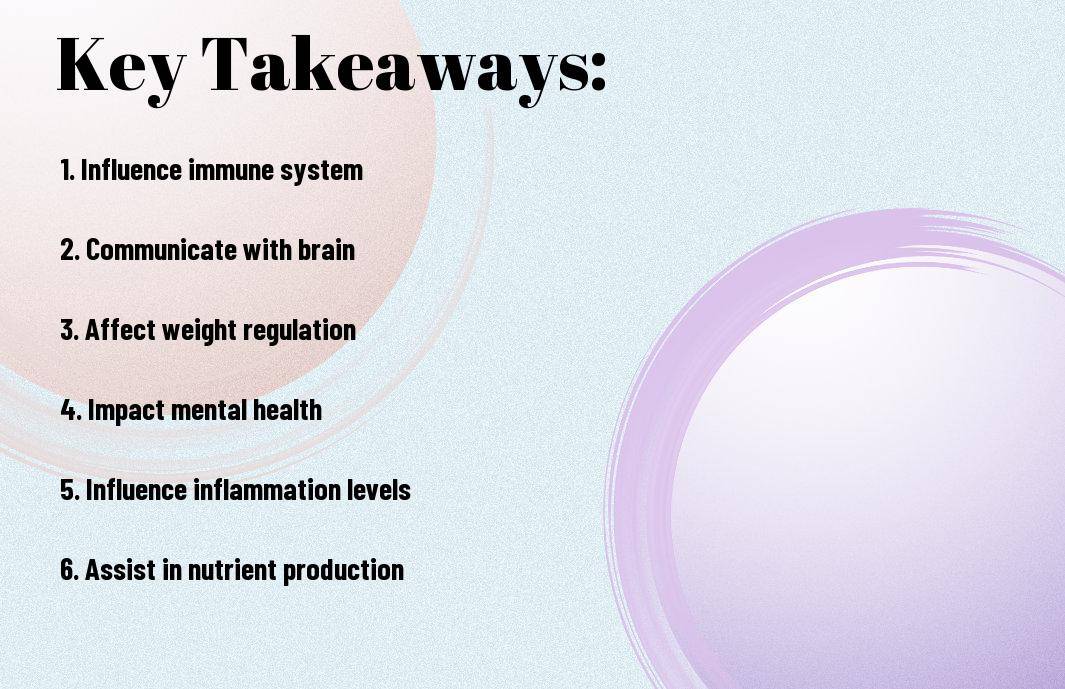
Your gut bacteria play a crucial role in shaping your brain function. Studies have shown that the microbiome can influence mood, behavior, and even cognitive functions. Gut bacteria communicate with the brain through the gut-brain axis, a bidirectional communication system that plays a key role in regulating emotions and stress responses.
Functioning as a key player in your brain’s chemistry, gut bacteria produce neurotransmitters such as serotonin and dopamine. These chemical messengers are crucial for regulating mood, sleep, and appetite. Imbalances in neurotransmitter levels produced by gut bacteria can lead to mental health disorders like depression and anxiety.
The production of neurotransmitters by gut bacteria is a fascinating process that underscores the intricate relationship between our gut and brain. Neurotransmitters produced in the gut can cross the blood-brain barrier and influence brain function directly, emphasizing the significant impact of gut health on mental well-being. Proper balance and diversity of gut bacteria are crucial for maintaining optimal neurotransmitter levels and promoting overall brain health.
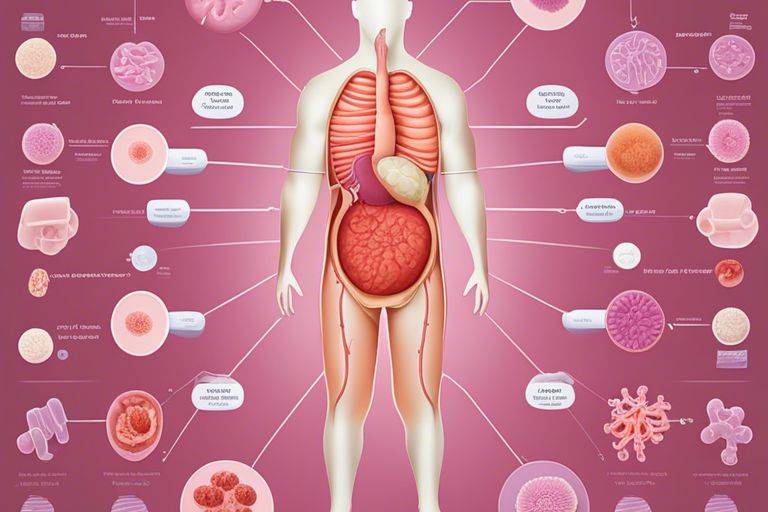
Little is known about the intricate relationship between our bodies and the millions of bacteria living in our gut. According to Gut bacteria: The surprising impact of viruses, the presence of these bacteria plays a crucial role in our overall physical well-being. From digestion to protection against chronic diseases, the influence of gut bacteria is both vast and surprising.
Digestion is a fundamental process in our bodies that breaks down food into nutrients for energy and cell repair. Gut bacteria aid in this process by breaking down complex carbohydrates and fiber that our bodies cannot digest on their own. Additionally, these bacteria help in the absorption of key nutrients such as vitamins and minerals, contributing to overall health and vitality.
On a deeper level, the state of our gut health is intricately linked to the development of chronic diseases such as diabetes, obesity, and even autoimmune disorders. The imbalance of gut bacteria, known as dysbiosis, can lead to inflammation and weakened immunity, paving the way for these serious health conditions. Taking care of our gut health through a balanced diet and probiotic-rich foods can significantly impact our overall well-being.
Unlike other bodily functions that seem distant from the mind, how gut bacteria are controlling your brain is a fascinating link that has significant implications for mental health.
Disorders like anxiety are closely linked to the gut-brain axis, where the communication pathways between the gut and the brain play a crucial role in influencing our emotional state.
Between gut bacteria and depression, there is a profound relationship that researchers are exploring. It is remarkable to think that the bacteria in our gut can have a direct impact on our emotional well-being.
Many factors influence the composition of gut bacteria, with diet playing a crucial role. On a daily basis, the foods you consume directly impact the diversity and abundance of microorganisms in your gut. For example, fiber-rich foods like fruits, vegetables, and whole grains promote the growth of beneficial bacteria, while processed foods high in sugar and saturated fats can disrupt the balance.
Affecting your gut bacteria through diet has far-reaching effects on your overall health. A balanced diet not only supports a diverse and robust gut microbiome but also helps reduce inflammation, strengthen the immune system, and improve digestion. By prioritizing nutrient-dense foods and avoiding excessive sugar and artificial additives, you can cultivate a thriving ecosystem in your gut.
Diet plays a pivotal role in shaping the composition of gut bacteria, influencing various aspects of your health. A diet rich in probiotic-rich foods like yogurt and fermented vegetables can enhance gut diversity, while excessive consumption of processed foods can lead to dysbiosis, an imbalance linked to conditions like obesity and autoimmune diseases.
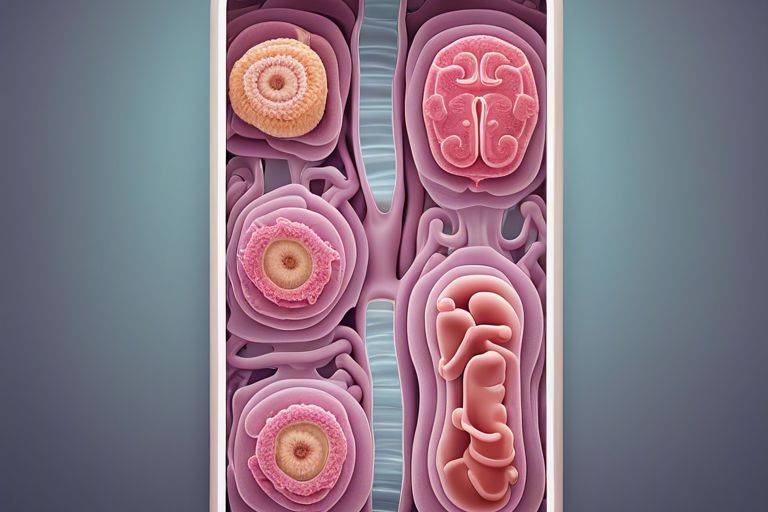
Despite what you may think, your lifestyle choices play a significant role in shaping the composition of your gut bacteria. Factors such as diet, stress levels, exercise habits, and sleep patterns all have a direct impact on the health of your microbiome. After all, you are what you eat, how you manage stress, and how well you rest!
One of the most intriguing aspects of gut bacteria is how it responds to stress. High levels of stress hormones can disrupt the balance of bacteria in your gut, leading to an unhealthy microbiome. This imbalance can contribute to digestive issues, weakened immune function, and even mental health problems.
For those who underestimate the importance of a good night’s sleep, it’s crucial to understand how sleep deprivation can wreak havoc on your gut health. With inadequate sleep, your gut suffers, causing an imbalance in the diverse community of microbes that call your intestines home. This imbalance can lead to increased inflammation, insulin resistance, and a higher risk of obesity.
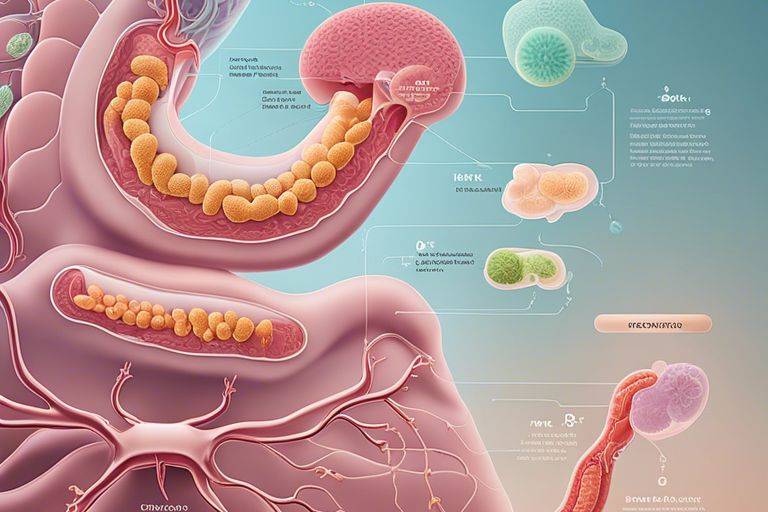
Once again, the future of gut bacteria research holds tremendous potential for revolutionizing our understanding of how these microorganisms impact our overall health. As technology advances, scientists are delving deeper into the intricate relationship between our gut microbiome and various aspects of our well-being.
Any emerging trends in gut bacteria studies point to a growing focus on personalized microbiome analysis. Researchers are moving towards understanding how individual variations in gut bacteria composition can affect health outcomes.
Research suggests that the potential applications of gut bacteria in medicine and health are vast. Studies show that certain gut bacteria strains may hold the key to treating conditions like obesity, autoimmune disorders, and mental health issues.
To further explore the applications of gut bacteria in healthcare, ongoing research is investigating the development of probiotics and targeted therapies tailored to modulate gut microbiota for specific health conditions.
Drawing together the intricate relationship between gut bacteria and the human body reveals the surprising truth of their impact on our overall health. The bacteria in our gut play a crucial role in digestion, immunity, and even mood regulation. Understanding and nurturing a healthy gut microbiome is important for maintaining optimal well-being.
A: Gut bacteria play a crucial role in digestion, metabolism, immune function, and overall health. They help break down food, absorb nutrients, and protect against harmful pathogens.
A: Gut bacteria help to break down food that the body cannot digest on its own, such as fiber. They also produce enzymes that aid in the digestion process.
A: Yes, research suggests that the composition of gut bacteria may play a role in weight management. Imbalances in gut bacteria have been linked to obesity and weight gain.
A: Gut bacteria help to train the immune system and play a key role in its development. They also help to protect the body against harmful pathogens by competing for nutrients and producing antimicrobial substances.
A: Emerging research indicates that there is a connection between gut bacteria and mental health. The gut-brain axis allows communication between the gut and the brain, potentially influencing mood and mental well-being.
A: You can promote a healthy balance of gut bacteria by eating a diverse range of plant-based foods, such as fruits, vegetables, whole grains, and legumes. Fermented foods like yogurt, kimchi, and sauerkraut can also help support a healthy gut microbiome.
A: Signs of an unhealthy gut microbiome may include digestive issues like bloating, gas, diarrhea, or constipation. Other signs may include frequent infections, fatigue, mood swings, and skin problems.